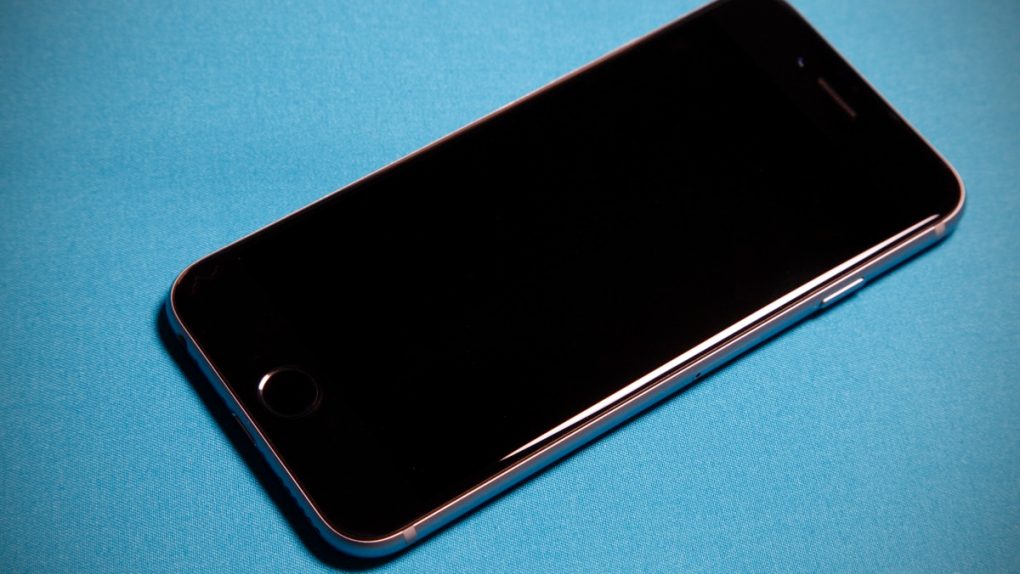As long as a new iPhone is protected by a password, pin, or fingerprint, and it’s running the latest operating system for it Apple can’t unlock it, the company told a U.S. judge. However, Apple can unlock for law enforcement older devices.
DON’T MISS: ‘Netflix for pirates’ now streams movies directly to your web browser
According to Reuters, Apple told the judge that unlocking a protected iPhone is “impossible,” affirming that it has the “technical ability” to access data on older phones.
This isn’t the first time Apple is publicly defending its stance on iOS encryption in courts. The company has consistently reminded customers that privacy and security are of utmost importance, even though law enforcement agencies criticized its choice to encrypt iOS devices and communications via iMessage and FaceTime.
In a court document, Apple said that 90% of its devices run iOS 8 or later, which means it can’t grant the Justice Department’s request to access a seized iPhone. Apple could access the 10% of its devices running iOS 7 or older, including the one at issue in the case, but urged the judge not to require it to comply with the Justice Department’s request.
“Forcing Apple to extract data, in this case, absent clear legal authority to do so, could threaten the trust between Apple and its customers and substantially tarnish the Apple brand,” Apple’s lawyers wrote.
Earlier this month, U.S. Magistrate Judge James Orenstein said it he wasn’t sure he could ask Apple to disable security on the iPhone, and cited Congress’ failure to act on encryption in spite of the numerous requests from the Justice Department and FBI. Orenstein instead said it would ask Apple if the endeavor was feasible, and a hearing is scheduled for Thursday now that the iPhone maker explained its stance.




